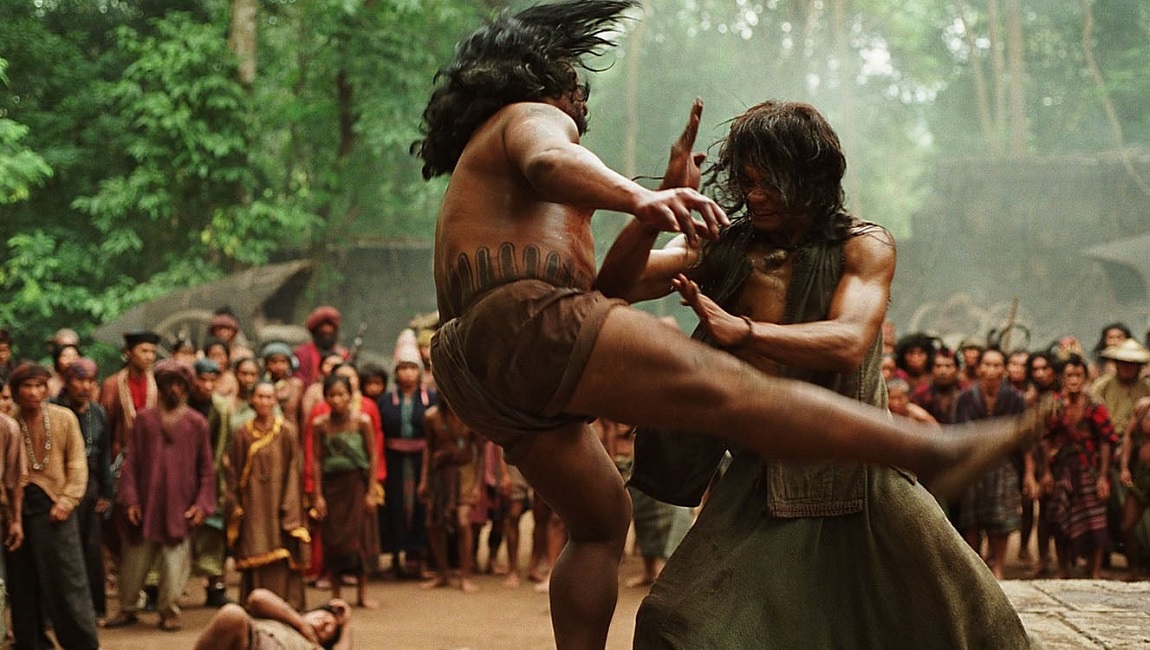Andor is a bold, mature chapter in the Star Wars universe—one that trades lightsabers and space fantasy for espionage, moral gray zones, and the quiet rage that builds revolutions. Set five years before the events of Rogue One, the series follows Cassian Andor, a thief turned spy, as he takes his first steps toward becoming the rebel hero he’s destined to be.
But this isn’t a story about heroes. Not yet.
Cassian is a survivor, shaped by loss, betrayal, and a galaxy where the Empire tightens its grip on every planet, every voice, every choice. As he’s drawn into the hidden war brewing in the shadows, we see the cost of resistance—and how ordinary people, not Jedi or generals, become the backbone of rebellion.
Andor distinguishes itself with a grounded, realistic tone. It dives deep into politics, oppression, and class struggle, exploring how power manipulates systems—and how systems push people to fight back. Mon Mothma, Luthen Rael, and other key figures play dangerous games behind closed doors, showing that rebellion begins long before the first shot is fired.
Visually, the show is cinematic and immersive, with real-world sets and tight, intimate direction that makes every hallway, conversation, and betrayal feel personal. The writing is sharp, layered, and never rushed. It trusts its audience to sit with tension, with silence, with complexity.
Andor is not about destiny. It’s about choice.
And the moment when someone who doesn’t want to fight realizes…
they no longer have a choice.


-1751697458-q80.webp)
